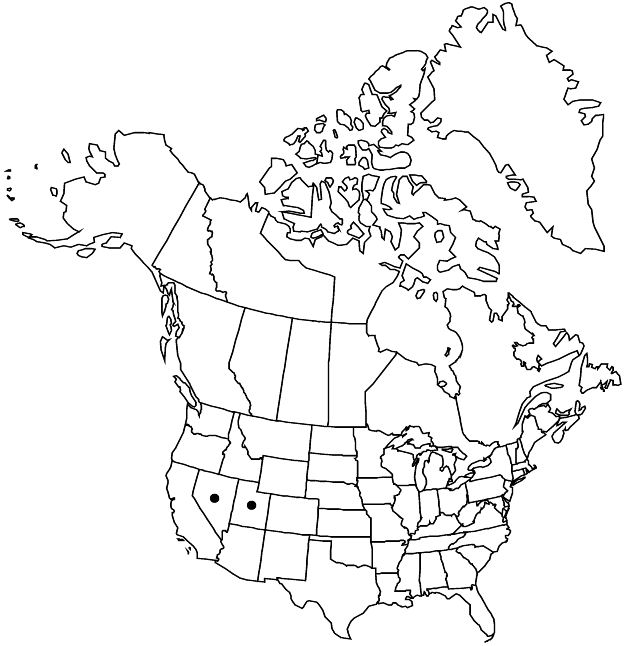Difference between revisions of "Potentilla holmgrenii"
J. Bot. Res. Inst. Texas 1: 811, figs. 1, 2. 2007.
FNA>Volume Importer |
FNA>Volume Importer |
||
| Line 41: | Line 41: | ||
-->{{#Taxon: | -->{{#Taxon: | ||
name=Potentilla holmgrenii | name=Potentilla holmgrenii | ||
| − | |||
|authority=D. F. Murray & Elven | |authority=D. F. Murray & Elven | ||
|rank=species | |rank=species | ||
| Line 56: | Line 55: | ||
|publication year=2007 | |publication year=2007 | ||
|special status=Conservation concern;Endemic | |special status=Conservation concern;Endemic | ||
| − | |source xml=https://jpend@bitbucket.org/aafc-mbb/fna-data-curation.git/src/ | + | |source xml=https://jpend@bitbucket.org/aafc-mbb/fna-data-curation.git/src/f50eec43f223ca0e34566be0b046453a0960e173/coarse_grained_fna_xml/V9/V9_300.xml |
|subfamily=Rosaceae subfam. Rosoideae | |subfamily=Rosaceae subfam. Rosoideae | ||
|tribe=Rosaceae tribe Potentilleae | |tribe=Rosaceae tribe Potentilleae | ||
Revision as of 22:39, 16 December 2019
Plants densely tufted to cushion-forming. Caudex branches stout, columnar, at least partly sheathed with marcescent whole leaves. Stems ascending, 0.2–0.8 dm, lengths 1.5–2.5 times basal leaves. Basal leaves 1.5–4 cm; petiole 0.5–2 cm, long hairs absent or sparse to common (less so than cottony hairs), ± appressed, 1–2 mm, soft, smooth, cottony hairs dense, other hairs and glands absent, sparse, or obscured; leaflets touching to overlapping, central broadly elliptic to obovate, 0.7–1.1 × 0.5–0.6 cm, sessile or short-petiolulate, petiolule to 1 mm, base cuneate, margins revolute, distal 1/2–3/4 incised ± 1/2 to midvein, teeth 2–4 per side, approximate, surfaces ± dissimilar, abaxial white to grayish white, long hairs 1 mm, cottony-crisped hairs dense, adaxial grayish green to grayish white, long and short-crisped hairs abundant to dense. Cauline leaves 0–1. Inflorescences 1–2(–3)-flowered. Pedicels 0.4–0.7 cm in flower, to 2 cm in fruit. Flowers: epicalyx bractlets lanceolate to narrowly elliptic, 2–2.2 × 0.6–0.9 mm, 1/4–1/2 as wide as sepals, margins flat, red glands absent; hypanthium 1.8–2.2 mm diam.; sepals 3–3.5 mm, apex subacute; petals 4–5 × 2.5–4 mm, longer than sepals; filaments 1–1.5 mm, anthers 0.5 mm; carpels 30–40, apical hairs absent, styles narrowly columnar, not or ± papillate-swollen in proximal 1/5 or less, 1.2–1.4 mm. Achenes 1.1–1.4 mm.
Phenology: Flowering summer.
Habitat: Wind-swept ridges, fellfields, rocky slopes
Elevation: 3300–4500 m
Discussion
Of conservation concern.
Potentilla holmgrenii is known only from the Schell Creek and Snake ranges, Nevada, and Deep Creek Range, Utah. In addition to characteristics given in the key, lateral leaflets and leaflet teeth of P. holmgrenii are directed more forward than in P. nivea, leaflets are thicker and more densely hairy, and the terminal tooth is often orbiculate and frequently overlapped by the adjacent pair of lateral teeth.
Selected References
None.
